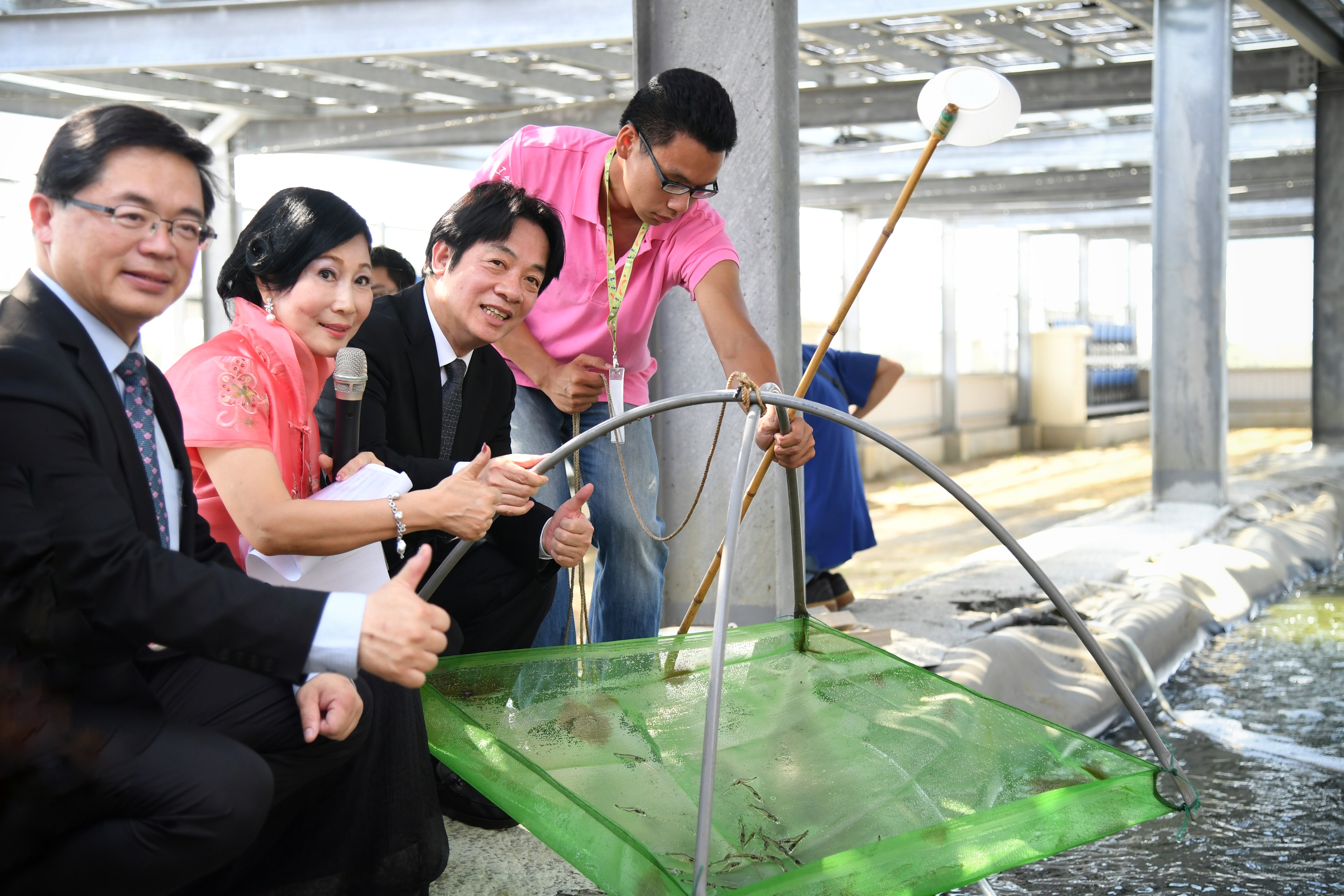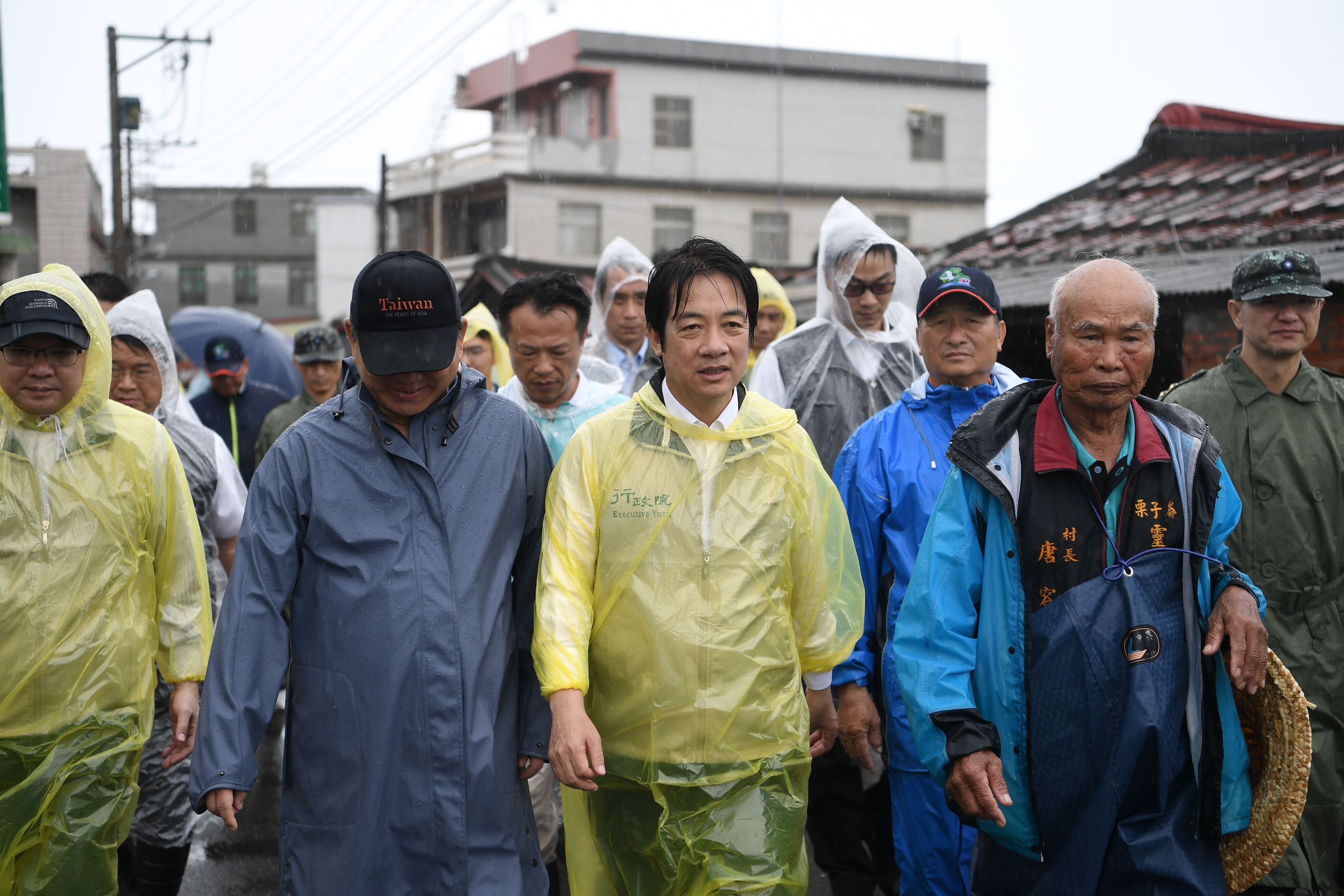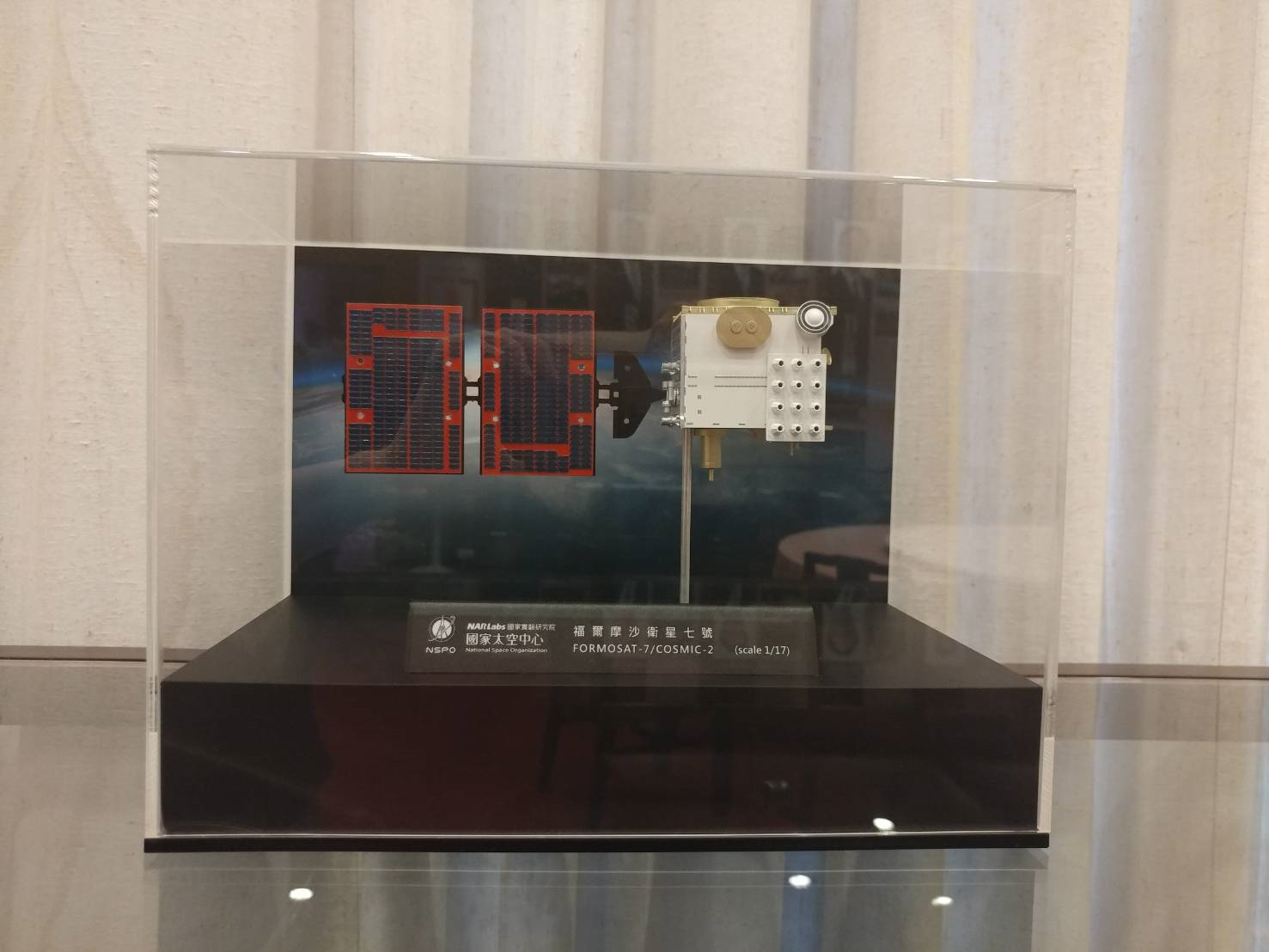2017.09.08 - 2019.01.14
Lai Ching-te earned a bachelor’s degree in physical medicine and rehabilitation from National Taiwan University, an M.D. from National Cheng Kung University, and a master’s in public health from Harvard University in the U.S. He also participated in the U.S. Department of State’s International Visitor Leadership Program. Before his appointment as premier, he also served as a member of the National Assembly, a legislator, and the mayor of Tainan.
Important Events
- 2017.09.12The Executive Yuan orders a 3-percent salary increase, to begin 2018, for all military personnel, civil servants and public school teachers to spur pay raises for workers in the private sector and stimulate the overall economy.
- 2017.09.27Premier Lai hosts an interministerial meeting on boosting investment in Taiwan, the first in a series of 27 gatherings held through January 7, 2019. The meetings focus on raising salaries, cutting taxes, removing barriers to investment and improving the investment environment.
- 2017.10.12The Executive Yuan approves amendments to the Income Tax Act that ease the burden on salary earners, low and medium-income taxpayers, small and medium-sized enterprises, and startup businesses.
- 2017.11.09Amendments to the Labor Standards Act receive Executive Yuan approval, providing for a safe yet flexible labor system.
- 2017.11.23The Executive Yuan passes revisions to the Urban Renewal Act to speed redevelopment in Taiwan’s cities.
- 2017.12.21The Executive Yuan proposes an air pollution control action plan that sets out several indicator-based policy targets and outlines specific control and prevention measures to improve overall air quality.
- 2017.12.21The Executive Yuan approves revisions to the Company Act aimed at creating a friendly environment for innovation and entrepreneurship.
- 2018.01.18The AI Taiwan Action Plan is introduced by the Executive Yuan to speed local industry’s full adoption of artificial intelligence and hasten the implementation of the “five plus two” innovative industries policy.
- 2018.02.22The Executive Yuan launches an action plan for improving the funding environment for startups by fully developing a supportive ecosystem for new firms.
- 2018.02.26The Executive Yuan finalizes a plan to assemble a stronger social safety net geared towards the control and elimination of risk factors that underlie social ills.
- 2018.05.17The Executive Yuan passes an unmanned vehicle experimentation bill to lay the groundwork for smart transportation and traffic management.
- 2018.05.21The Executive Yuan establishes a Cabinet-level board for regional revitalization, declares 2019 as the inaugural year of regional revitalization, and presents a strategy to energize regional communities and economies across Taiwan.
- 2018.06.14A financial sector development action plan is unveiled with an eye to building Taiwan into an advanced and globally competitive financial market.
- 2018.07.26The Executive Yuan announces comprehensive countermeasures for Taiwan’s declining birthrate, including expanded public education and child care services and a “quasi-public” day care and preschool system, all of which are expected to create a supportive childrearing environment.
- 2018.09.01A student loan relief program kicks off to assist the economically disadvantaged and enable young people to better plan a career path.
- 2018.09.05The Executive Yuan approves increases in minimum wage rates to NT$23,100 (US$750) per month and NT$150 (US$4.87) per hour, to take effect January 1, 2019.
- 2018.11.01A farmers’ occupational injury insurance scheme is launched on a trial basis to ensure on-the-job safety and economic compensation for agricultural workers.
- 2018.11.29The Executive Yuan passes a new economic immigration bill to expand the talent pool and workforce needed for the nation’s industrial development.
- 2018.12.06Premier Lai lays out a blueprint for making Taiwan a bilingual nation by 2030. The policy is designed to improve the nation’s English proficiency and boost Taiwan’s competitiveness.
- 2018.12.20The Executive Yuan passes draft amendments to the Statute for Industrial Innovation, encouraging industries to embrace smart manufacturing and 5G, or fifth-generation, mobile communication applications.
- 2019.01.01The government launches an action plan for attracting investments from Taiwanese firms operating overseas, with the aim of bringing outstanding companies back home and promoting industrial upgrade and transformation.
- 2019.01.10A fundamental bill on culture is passed by the Executive Yuan to advance the public’s cultural rights and achieve the vision of a “cultural Taiwan.”
- 2019.01.10A smart governance strategic plan is approved to drive the government’s digital transformation, enhance policymaking quality, and encourage civic engagement along with social innovation.




